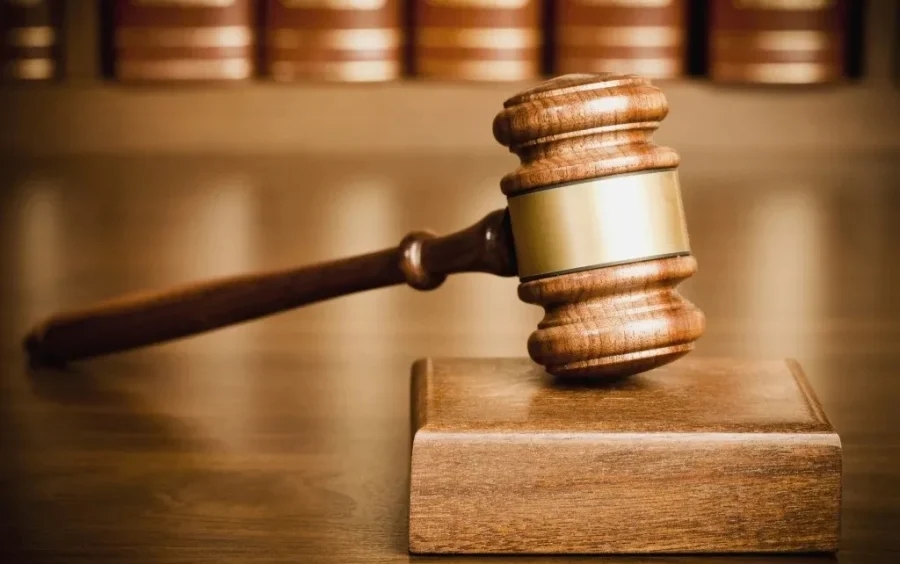The Central Bank of Nigeria (CBN) backstopped a total of N2.8 trillion in support loans to the Federal Government in 2020. This follows the FG’s failure to meet its revenue targets due to the impact of the fall in oil prices and covid-19 pandemic.
The support came in the form of Ways and Means, a provision in the CBN act that allows the government to borrow from the Apex Bank. Provisions in the act cap monetary financing of fiscal deficits at 5% of the prior year’s revenues.
READ: Another crushing recession ‘is coming’
This information was made known by the Minister for Finance Zainab Ahmed during a public presentation of the 2021 FGN Approved Budget – Breakdown & Highlights which was done via Zoom, an online platform for virtual meetings.
READ: New CBN Circular: CBN confirms only Banks can pay IMTO dollars
According to the information contained in the report, the central bank provided financial support to the tune of N2.8 trillion which the government used to fund its budget expenditure. In the breakdown seen by Nairametrics, out of the 2020 budget deficit of N6.1 trillion, N2 trillion was sourced from domestic borrowing and another N1.2 trillion from foreign borrowing. The rest was via Ways and Means.
READ: “No forex” banks tell holidaymakers desperate for travel allowance (PTA)
Breakdown of the data
In her presentation, the minister said out of the N5.3 trillion in budgeted revenue, only N3.9 trillion was generated as actual, resulting in a 27% revenue shortfall for the year.
- However, in terms of expenditure, while N9.97 trillion was appropriated, N10.08 trillion (representing 101%) was spent during the year.
- The shortfall in revenues and increased spending resulted in an actual deficit spending of N6.1 trillion as against N4.6 trillion budgeted during the year
- Nigeria also increased its debt service from N2.9 trillion to N3.2 trillion. Interest on Ways and Means totaling N912.5 billion contributed significantly to the cost.
READ: CBN’s Export Proceed Number causing huge setback for exporters
CBN financing
The government’s Ways and Means financing was brought to public view in 2016 after the former CBN Government Sanusi Lamido Sanusi accused the government of contravening the CBN Act by borrowing more than the required 5% of prior year revenues. Nairametrics dimensioned this matter in a 2016 article.
- At N2.8 trillion, the CBN basically lent the government 52.8% of its current year revenues or 62.2% of 2019 revenues of N4.5 trillion.
- This appears to violate the CBN Act which states that the outstanding amount should not exceed 5% of prior years’ actual revenue.
- The provision also requires that the loans are repaid at the end of the year or else the CBN will no longer be able to lend to the government in the following year.
- It is unclear if the loans have been repaid or will be repaid prior to the implementation of the 2021 budget.
READ: CBN introduces “Special Bills” as part of efforts to control money supply in the economy
The year 2020 was an exceptional year globally due to the Covid-19 pandemic and expectedly impacted government revenues negatively due to the lockdown and the fall in oil prices. Without the central bank backstopping these loans, it might have been practically impossible for the government to fund its expenditure programs for 2020.




















